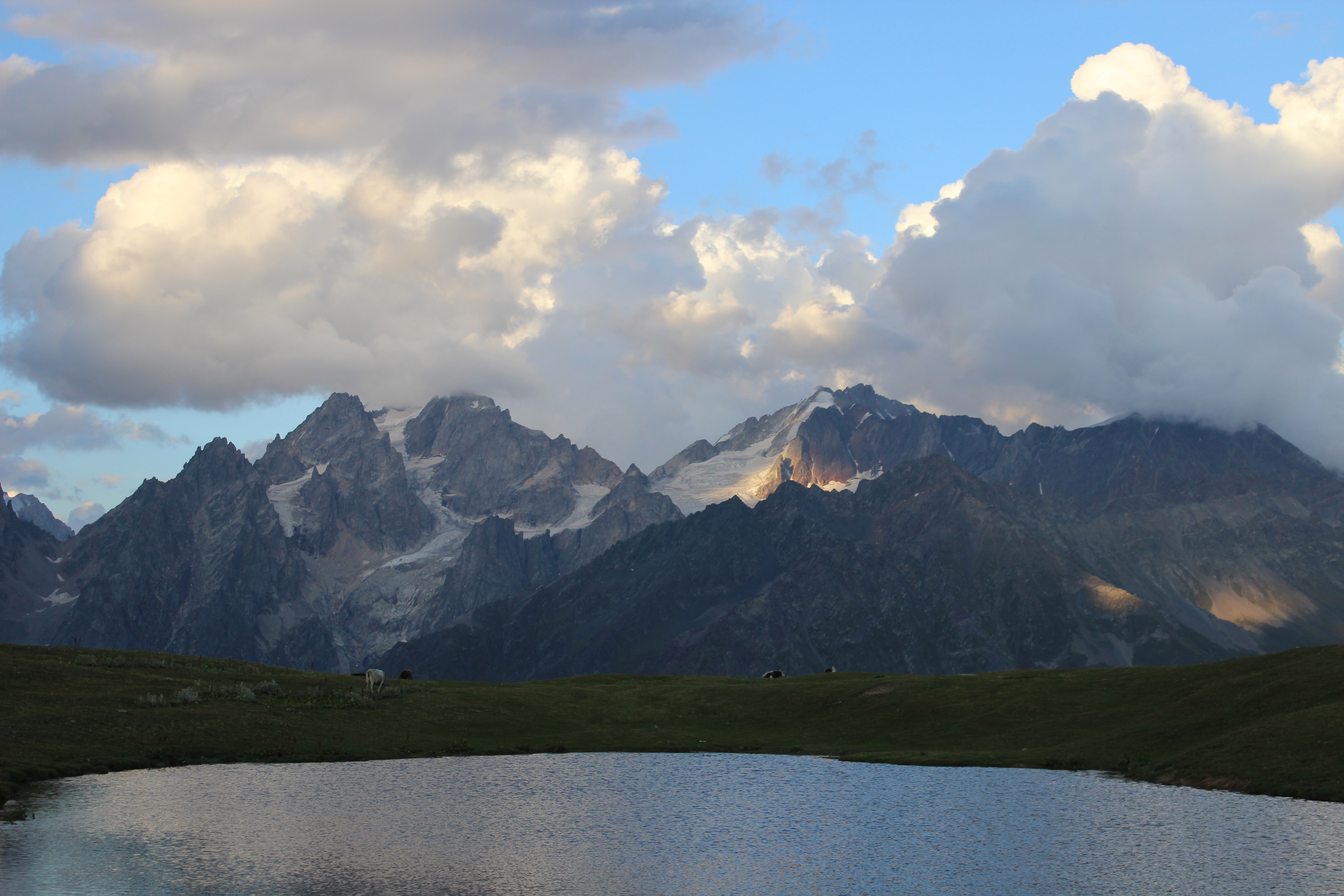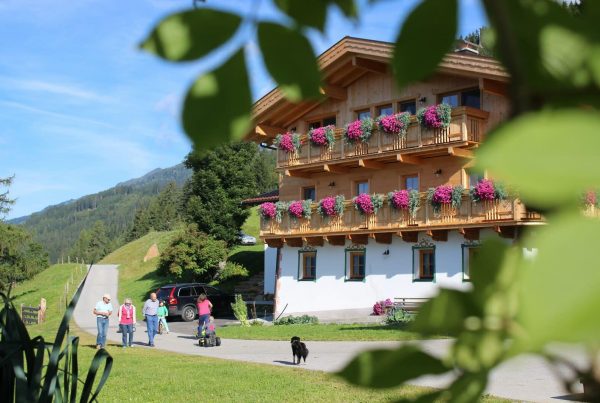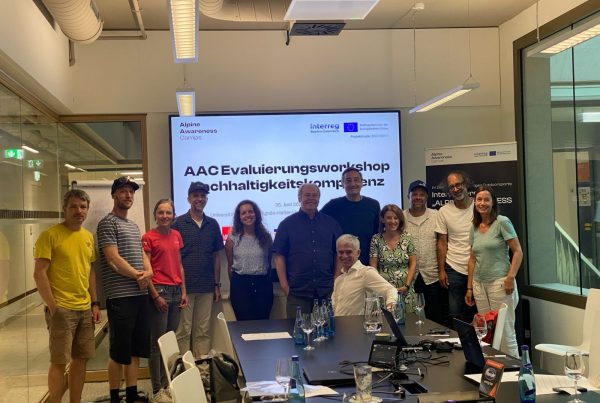ReMoDe focuses on the crisis resilience of mountain destinations, which is required by the numerous challenges tourism is facing. The University of Innsbruck (UIBK) and the Tbilisi State University (TSU) collaborate with two mountain tourism destinations: Mestia DMO (in Georgia) and Kaunertal (DMO Kaunertal Tourismus in Austria). In particular, this project actively involves mountain destination stakeholders at the very beginning of the research phase by first performing stakeholder and institutional mapping. Building on the research findings of the preparatory funding phase, the project partners draw on existing findings of a literature review before conducting secondary data analysis and focus group workshops with destination stakeholders to explore their needs, opinions, and perceptions in depth.
Project Information
Aim
The project aims to develop a comprehensible resilience index consisting of destination’s resilience indicators. This process is based on incorporating feedback from destination stakeholder representatives to develop a data collection tool before collecting and analyzing quantitative data. These results will be discussed with selected destination stakeholder representatives to combine with qualitative data (focus group data) to gather in-depth qualitative feedback and develop a fully comprehensible resilience index. This index will inform the development of a digital monitoring resilience platform (DRP), which destination stakeholders will use to explore their resilience levels (based on developed indicators) and related activities.
Project Management
Work packages
The project includes the following work packages:
WP 1: Destination stakeholder institutional mapping and destination analysis
Destination stakeholder identification and institutional mapping approach, supplementing SLR, destination stakeholder focus group workshops, secondary data destination analysis, destination stakeholder representative workshop
WP 2: Participatory data collection for resilience indicators development
Data collection instrument (survey) development, quantitative data collection: survey, quantitative data analysis, qualitative data collection: destination stakeholder representative workshops, qualitative data analysis, resilience index development, development of initial DRP
WP 3: Knowledge exchange for destination stakeholders via doctoral colleges
Development doctoral college, recruitment of PhD students, PhD field trips, PhD student data collection and analysis, maintenance of DRP, destination stakeholder training for the DRP
WP 4: (Long-term) knowledge transformation
Public discussions, project website, social media communication, scientific conferences and publications

Project details
Funding authority
Partner
Ivane Javakhishvili Tbilisi State University, Contact: Gvantsa Salukvadze, Joseph Salukvadze, Temur Gugushvili
Projektbeschreibung auf Deutsch
Aufbau von Resilienzen in Bergtourismus-Destinationen in den Alpen und im Kaukasus – ReMoDe
ReMoDe konzentriert sich auf die Untersuchung der Krisenresilienz von Bergdestinationen, die angesichts der zahlreichen Herausforderungen, denen der Tourismus ausgesetzt ist, erforderlich ist. Die Universität Innsbruck (UIBK) und die Tbilisi State University (TSU) arbeiten mit zwei Bergtourismus-Destinationen zusammen: Mestia (in Georgien) und Kaunertal (Kaunertal Tourismus). Insbesondere werden die Interessenvertreter der Destinationen zu Beginn der Forschungsphase aktiv eingebunden, indem zunächst ein Stakeholder- und institutional mapping durchgeführt wird. Aufbauend auf den Ergebnissen der vorbereitenden Förderphase greifen die Projektpartner auf vorhandene Erkenntnisse aus einer Literaturübersicht zurück, bevor eine Sekundärdatenanalyse und Fokusgruppen-Workshops mit den Stakeholdern der Destinationen durchgeführt werden, um deren Bedürfnisse, Meinungen und Wahrnehmungen einzubeziehen.
Ziel des Projekts ist es, einen verständlichen Resilienz-Index zu entwickeln, der die Resilienzindikatoren der Destinationen umfasst. Dieser Prozess basiert auf der Einbeziehung von Feedback der Vertreter der Destination-Stakeholder (qualitativ und quantitativ). Das Datenerhebungsinstrument, als auch die quantitativen Ergebnisse werden mit ausgewählten Vertretern der Destination-Stakeholder besprochen, um sie mit qualitativen Daten (Fokusgruppendaten) zu kombinieren und detailliertes qualitatives Feedback zu erhalten, um einen vollständig verständlichen Resilienz-Index zu erstellen.
Dieser Index wird in einer entwickelten digitalen Plattform zur Überwachung der Resilienz (DRP) abgebildet, die von den Stakeholdern der Destinationen genutzt werden kann, um ihre Resilienz Niveaus (basierend auf den entwickelten Indikatoren) und die damit verbundenen Aktivitäten zu überwachen. Das gesammelte Wissen wird über Doktoratskollegs an der TSU und UIBK geteilt, um den Austausch zwischen den beteiligten Doktoranden und Koordinatoren zu gewährleisten. Die rekrutierten Doktoranden werden dazu beitragen, Längsschnittdaten für die Stakeholder der Destinationen zu erstellen.
Beitragsbild – Quelle: Temur Gugushvili, 2018



